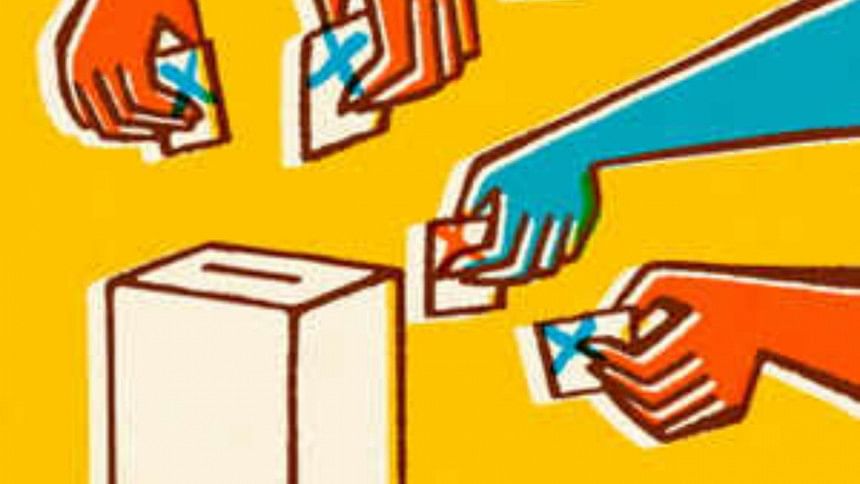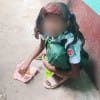Dalits and Harijans continue to face gross discrimination

The Dalits and Harijans are two groups of people who have traditionally been treated with disdain by the rest of society. Naturally, they have lagged behind other groups, be it in terms of opportunities in education, health or employment. Speakers at an event organised on November 27 highlighted the fact that various political parties treat them as "vote banks" during national elections but promptly forget about the needs of these minority groups once voting is over. In Bangladesh, there are at least 10 million people belonging to the Dalit and Harijan communities, but since independence, little has been done to bring them out of poverty by way of enacting laws which would facilitate their rights to education and land.
As the national elections are barely a month away, it is not without reason that these communities are anxious about their wellbeing and security, especially in light of the emergence of the religious right in the country. Although authorities may disagree, members of these communities are looked down upon not just by traditional Hindus who consider them to be "untouchables", but sadly by a large portion of rural society regardless of religion or creed.
Every community deserves protection from the State and given that in the next general election, the religious card will most definitely be used as a political weapon by some parties, we urge authorities to make necessary provisions to provide safety to these disadvantaged groups. It would also be nice to see the big political parties make firm commitments to help the disadvantaged minority groups under the umbrella of national development because 10 million people cannot be left behind due to archaic social taboos that result in such shameful discrimination.

 For all latest news, follow The Daily Star's Google News channel.
For all latest news, follow The Daily Star's Google News channel. 




Comments